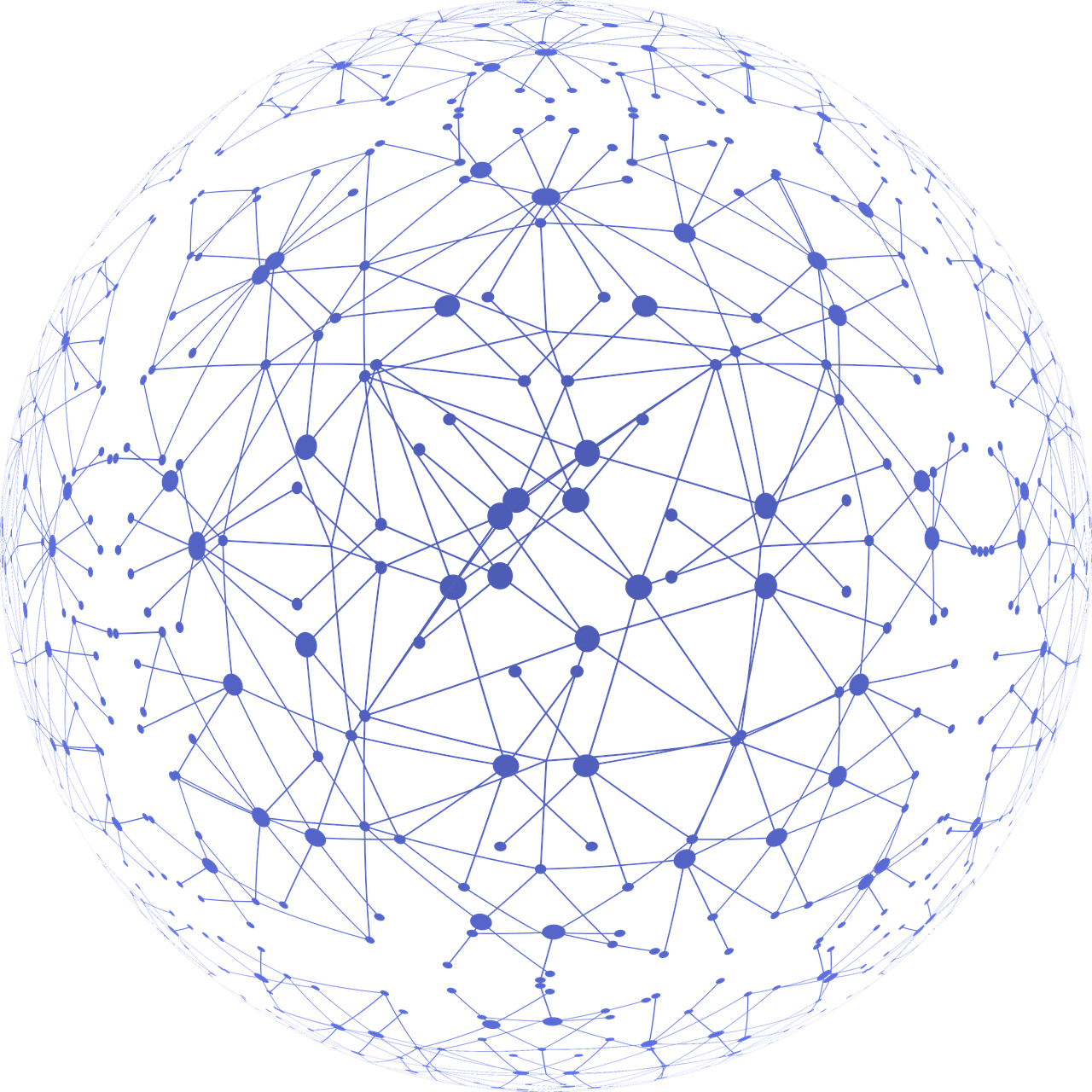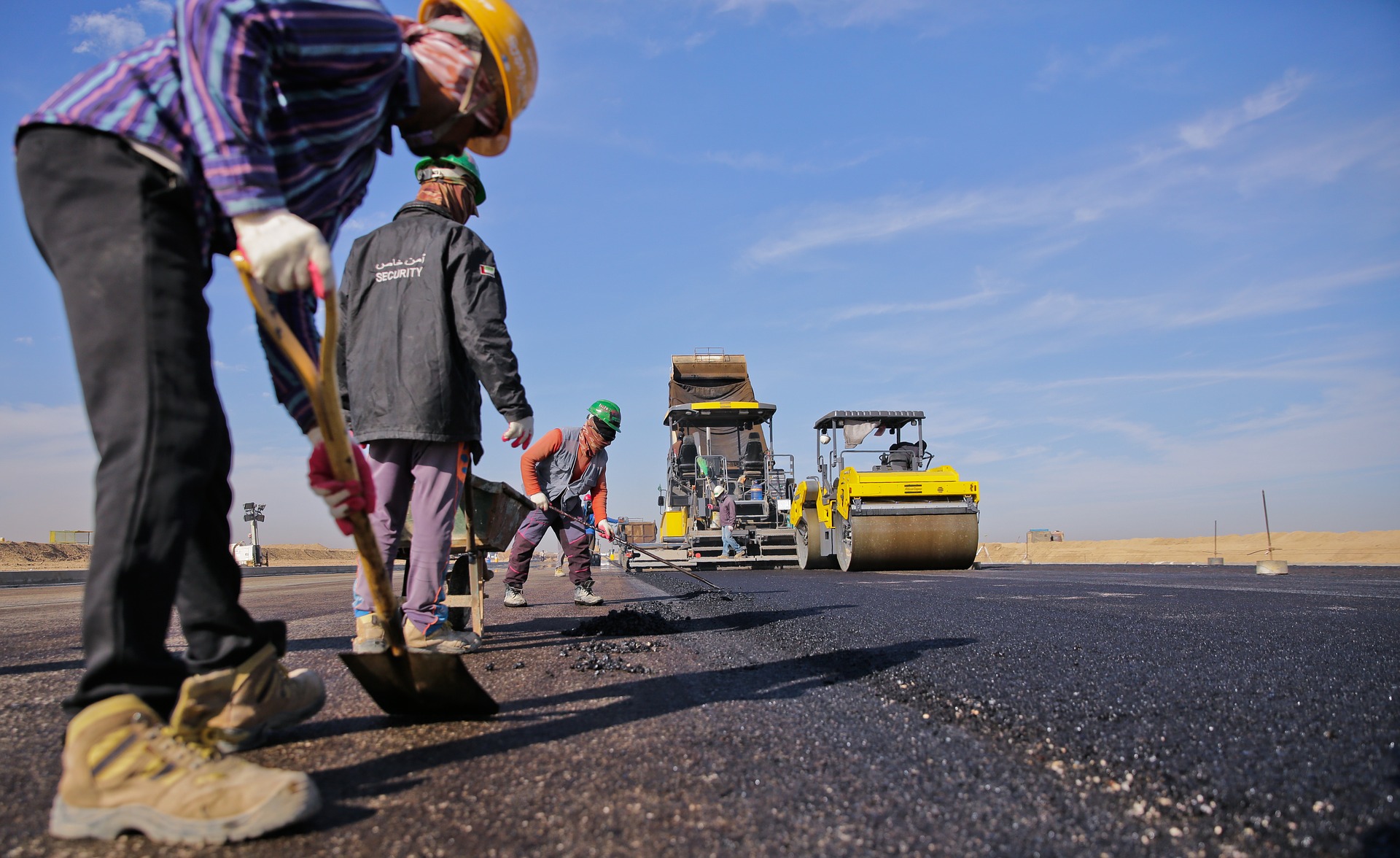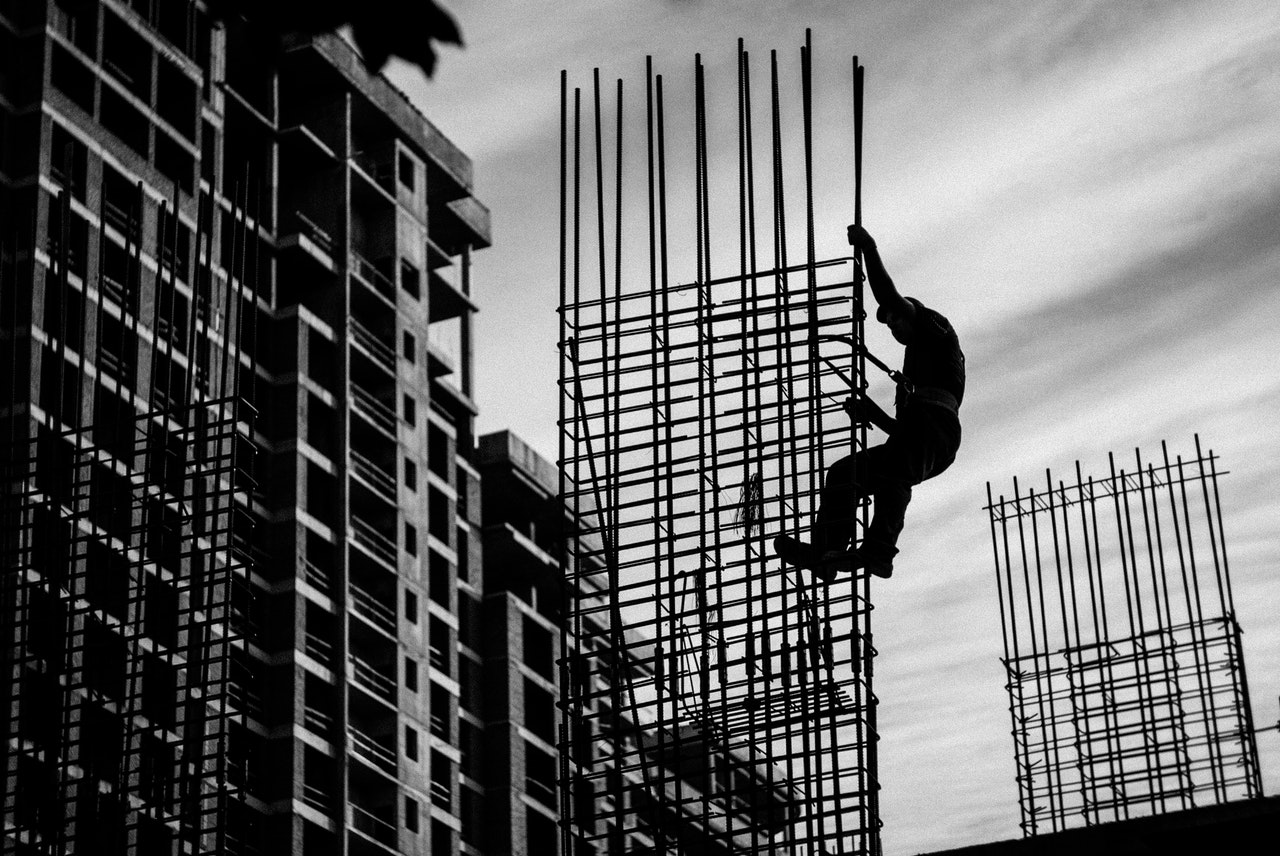As Pakistan goes to the polls on 8 February, the much delayed national elections since the dissolution of the Parliament in August 2023, Tahir Kamran looks at the context in which these elections are happening, and the challenges ahead for democracy and people’s political will in Pakistan.
As Pakistan gears up for its much-anticipated national elections on 8 February, its political landscape is marred by controversies about poll-rigging, riots and restrictions. The journey to these polls has been tumultuous, marked by an unconstitutional delay and allegations of state-sponsored censorship, challenging the very legitimacy of the electoral process. The atmosphere is tense, exacerbated by a political vacuum and concerns about the fairness of the electoral process.
The elections, supposed to take place within 90 days after the dissolution of the Assembly on 9 August 2023, have been postponed several times till now. The looming date of 8 February now stands as yet another chance for the nation to exercise its democratic right.
*
A significant blow to the electoral process has come from the rejection of nomination papers for members of the Pakistan Tehreek-i Insaf party (PTI), including its charismatic leader and former Prime Minister Imran Khan. Khan’s disqualification and the subsequent rejection of his nomination papers stem from allegations of false asset declarations between 2018–22.
The PTI is a major political player, and has allegedly seen almost 90 per cent of its nomination papers rejected, while nomination papers from all other parties were accepted. This selective imbalance has raised questions about the fairness of the process, with PTI citing rejection of PTI candidates as a targeted move against the party.
Adding to the turmoil, internal elections within the PTI remain unrecognised by the Election Commission of Pakistan (ECP), leading to a leadership crisis; Barrister Gohar Ali Khan has assumed leadership of the party in the wake of this uncertainty, further complicating the party’s political standing.
The PTI has been under intense scrutiny, facing a crackdown on its members that includes removal from party positions, arrests, detentions and denial of media presence. The arrest, imprisonment and denial of bail of its women members has demonstrated the epitome of patriarchal violence. More than 500 women have been booked in 138 cases related to the 9 May protests. They have not only faced judicial obstacles as their hearings have been delayed without a confirmed date in the future, but they have also been charged with physical remand, denying them access to legal recourse. They have allegedly been physically tortured, denied food and water, threatened, forced to quit PTI, and have been harassed during raids on their homes.
The current Caretaker Government and police deny these accusations despite a notification issued by the caretaker Chief Minister of Punjab Syed Mohsin Raza Naqvi that ‘women involved in the attacks on military installations do not deserve any exemption’ (an allegation he has rejected). This has created an environment of fear and uncertainty within the PTI, casting a shadow on the upcoming elections.
*
Party symbols play a crucial role in political communication, especially in a country where nearly 40 per cent (60 million) of the 241 million people remain illiterate. On 22 December 2023, the ECP denied PTI the right to use the cricket bat as an election symbol, citing unrecognised intra-party elections as the reason. Denying symbols creates a massive communication gap between political leaders and the masses, especially in their ability to convey their messages, slogans, and even cultural nuance, to the electorate. Against impending deadlines, the PTI cannot opt for new symbols, forcing many of its candidates to run as independent (non-party) candidates.
Diversity of party symbols, a key feature of the 2024 elections, is under threat as 145 other parties also face struggles related to allocation of symbols. From brooms and balloons to electronics and animals, the denial of symbols poses a significant challenge to the democratic process, limiting the visual language that connects political parties with a diverse population.
*
Media censorship, internet restrictions and heightened security threats have created an atmosphere of tension and concern. The contestation of freedom of information and internet accessibility has become a hallmark of authoritarian exercise, casting a shadow over the upcoming elections. Reports indicate six instances of internet outages and ‘technical problems’, conveniently aligning with online events organised by the PTI. Social media platforms like TikTok, Instagram, YouTube, Twitter and Facebook have experienced outages or weak and slow functioning, directly impacting the engagement of the crucial youth vote bank.
Media coverage related to campaigning and outreach has been curtailed and uneven, with journalists and TV producers reportedly receiving orders not to explicitly reference, display or verbally mention PTI, especially in discussions of affiliation of candidates. The caretaker Minister for Information and Broadcasting Murtaza Solangi denies the claims, while the Pakistan Electronic Media Regulatory Authority remains conspicuously silent.
Amid concerns of potential disruptions to internet services leading up to and on the day of the election, the High Court of Sindh has directed the government and the Pakistan Telecommunications Authority to ensure uninterrupted internet access. Independent candidate and Civil Rights lawyer Jibran Nasir filed a petition that led to this directive, emphasising the importance of unimpeded communication during the electoral process.
In response to anticipated challenges such as hate speech, misinformation and fake news, social media platforms and digital rights advocates have taken proactive measures. TikTok’s ‘Pakistan Election Center’ hub aims to provide users with practical information about the voting process, recognising the role of digital spaces in influencing creative expression during global events.
*
The lead-up to the elections has witnessed a surge in targeted attacks and threats, underscoring the precarious security situation. Independent candidate Malik Kalimullah Dawar and two others have tragically lost their lives, while Pakistan Muslim League N (PML(N)) candidate Mir Aslam Buledi was injured in an armed assault. Mohsin Dawar, leader of the National Democratic Movement (NDM), also faced an attack on his convoy in North Waziristan.
Direct threats from the Tehreek-i Taliban Pakistan (TTP) have heightened concerns about intentional harm to the electoral process, prompting the closure of educational institutions in the capital, Islamabad. In response, the caretaker federal cabinet has approved the deployment of the army to uphold public safety and security during the elections. A seven-member committee, appointed by caretaker Prime Minister Anwaar-ul-Haq Kakar, is tasked with managing security arrangements.
Section 144 of the Code of Criminal Procedure has been imposed in Punjab due to reported threats to law and order, granting district administrators the authority to ban any activity for a specified period in the interest of public safety.
*
As the nation braces for the upcoming elections, claims of poll-rigging and election-engineering, riots and restrictions dominate the political discourse. The intertwining issues of rejected nomination papers and denied symbols casts a shadow on the fairness and transparency of the electoral process.
The Gallup Pakistan Survey from June 2023 indicated a 15 per cent higher popularity for PTI than PML(N), but a survey conducted between 15 December 2023 and 7 January 2024 shows a narrowed gap of just 4 per cent. Global print media platforms including Time magazine reflect the sentiment of Khan’s popularity presenting a significant hurdle to Sharif’s military-backed support.
An explicit public critique, rather than hushed whispers of military interference, has been a defining shift in the narrative during this time.
With military presence, targeted killings and a constrained press, the 2024 elections echo the familiar narrative of electoral upheaval in Pakistan’s history. Will the election be just another mere performative exercise to tick the box of the US democratic model, or will it be an accurate portrayal of public political will? Polarised binaries persist, perpetuating an ‘us versus them’ logic that has become all too common in the country’s political landscape. The results of the elections will speak for itself as the nation stands on the precipice of yet another pivotal moment in its democratic journey.
*
The views expressed here are those of the author and do not represent the views of the ‘South Asia @ LSE’ blog, the LSE South Asia Centre or the London School of Economics and Political Science. Please click here for our Comments Policy.
This blogpost may not be reposted by anyone without prior written consent of LSE South Asia Centre; please e-mail southasia@lse.ac.uk for permission.
Banner image © Shamsher Ali Niazi, 2020, Unsplash.
*








1 Comments